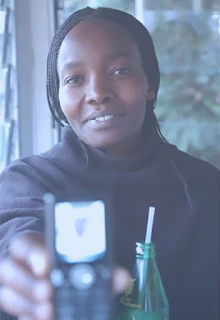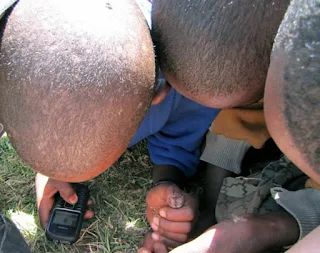Twitter co-founder Jack Dorsey made the announcement 4-12-21 that its first Africa headquarters will be in Ghana. This came as a surprise as Nigeria, South Africa, Egypt and Kenya have more established tech hubs.
Nigeria has the most tech hubs followed by South Africa, Egypt and Kenya. Singapore, London, Tel Aviv, Tokyo, and New York were ranked as the leading tech hubs outside Silicon Valley.
There are more than 600 tech hubs actively operating in Africa, Africa needs better tech hubs rather than more of them for support for start-ups across the continent.
Nevertheless, African tech hubs are on the rise and with Twitter’s announcement that Ghana will be its first Africa headquarters should be no shock since by 2050 Africa is projected to be home to one in every four of the world's inhabitants, and almost 40 percent of its children less than 18 years.
"Africa will define the future," Dorsey said. Entrepreneurship particularly tech-enabled high-growth entrepreneurship is often cited as a key to African economic growth and development.
Twitter is a popular social media platform that is used by millions of people around the world. In Ghana, Twitter is also a widely used platform, particularly among young people and urban professionals.
The Ghanaian government has also used Twitter as a tool for communication and engagement with its citizens.
Government officials and agencies often use Twitter to provide updates on policies, programs, and events, as well as to respond to questions and concerns from the public.
In 2021, there was a brief suspension of Twitter in Ghana after the platform deleted tweets by the country's president, Nana Akufo-Addo. However, the suspension was lifted after a few days, and Twitter remains a popular platform in Ghana.
Many Ghanaians use Twitter to discuss current events, share opinions and perspectives, and engage with others from around the world. Some popular topics on Twitter in Ghana include politics, sports, entertainment, and social issues.
“This is the start of a beautiful partnership between Twitter and Ghana,” Ghana’s President Nana Akufo-Addo tweeted, saying its presence was crucial for the development of Ghana’s tech sector.
An average of 22% of Africa‘s population is connected to the world wide web and of those users 11.75% have Twitter accounts.
Top 10 African Countries with the highest internet access.
Morocco 58.3%
Seychelles 56.5%
South Africa 54%
Mauritius 53.2%
Tunisia 50.9%
Cabo Verde 48.2%
Gabon 48.1%
Uganda 45.9%
Algeria 42.9%
Egypt 41.3%
How does Africa compare to the rest of the world for internet access?
The United States of America 76.2%
United Kingdom 94.8%
China 53.2%
Brazil 59.7%
Japan 92%
Russia 76.4%
Mexico 59.5%
Germany 89.6%
Africa 22%
“We must be more immersed in the rich and vibrant communities that drive the conversations taking place every day across the African continent,” Twitter said in a statement.
More stories on business and education.
- Charging Cell Phones in Rural Africa
- Africa's education system and why policy alone can't fix it
- Quotes from Five Inspiring African Business Leaders
















